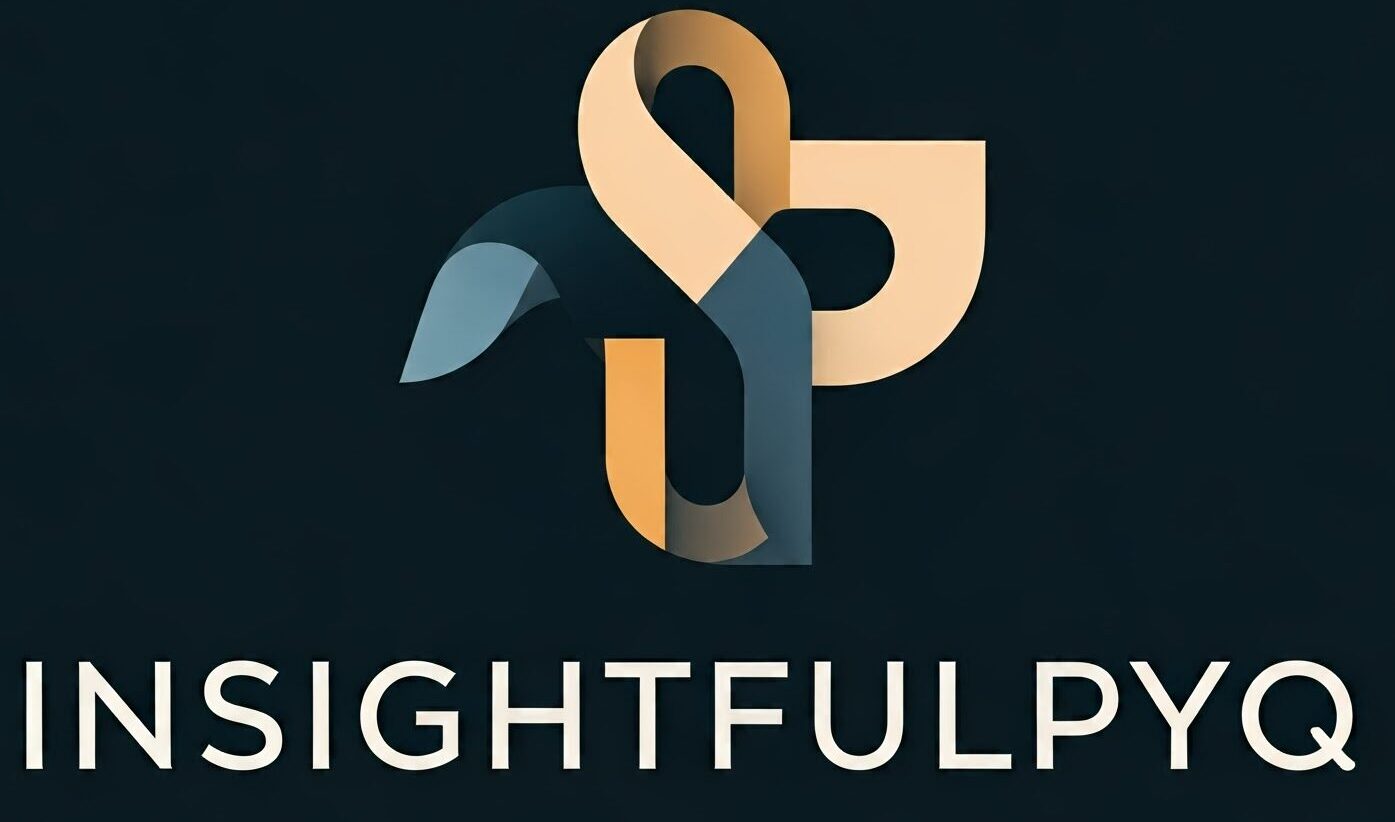OpenAI’s ChatGPT has revolutionized how we interact with AI, but its ability to generate text, code, and creative content has sparked a global legal firestorm. Indian billionaires Mukesh Ambani and Gautam Adani, alongside media giants The Indian Express and Hindustan Times, recently joined the fray, filing a lawsuit in a New Delhi court. They accuse OpenAI of scraping and reproducing copyrighted news content without permission. This adds to a growing list of global lawsuits, including ones by authors like George R.R. Martin and The New York Times.
As OpenAI races to lead the generative AI market (raising $6.6 billion in 2023), a critical question emerges: Can AI use copyrighted data freely, or does it risk legal blowback? Let’s break down the issue in plain language.
What’s the Copyright Issue with ChatGPT?
ChatGPT is trained on vast amounts of internet data, including books, articles, and websites—many of which are copyrighted. Critics argue that:
- Training on Copyrighted Data: OpenAI used works (e.g., novels, news articles) without permission.
- Outputs Resembling Copyrighted Content: ChatGPT might generate text similar to existing material (e.g., replicating news articles verbatim).
- Who Owns AI-Generated Content? If ChatGPT writes a story, who holds the copyright—the user, OpenAI, or no one?
Why Are People Suing OpenAI?
- Indian Media & Billionaires: Alleging unauthorized scraping of news content for training.
- Authors: Sarah Silverman, George R.R. Martin, and others claim their books were used without consent.
- Media Outlets: The New York Times sued for reproducing articles word-for-word in ChatGPT outputs.
- Core Argument: Using copyrighted works to train AI without permission or payment may violate copyright law.
OpenAI’s Defense
OpenAI argues:
- Fair Use: U.S. law allows limited use of copyrighted material for “transformative” purposes (e.g., research).
- No Direct Copying: ChatGPT generates new content, not direct copies.
- Opt-Out Tools: Lets creators exclude content from training via GPTBot exclusion.
What’s the Problem for Users?
- Legal Risks: Users could face lawsuits if outputs copy copyrighted work.
- Unclear Ownership: Most countries (like the U.S. and India) don’t grant copyright to AI-generated content.
- Ethical Concerns: Is it fair if AI profits from creators’ work without compensation?
How OpenAI is Responding
- Copyright Shield: Defends enterprise users against lawsuits for ChatGPT outputs.
- Licensing Deals: Partnered with publishers like Axel Springer to pay for content.
- Transparency Efforts: Reducing regurgitation of copyrighted text.
What Should Users Do?
- Avoid Plagiarism: Use ChatGPT for inspiration, not replication.
- Verify Outputs: Check originality with tools like Copyscape.
- Stay Informed: Laws are evolving—track updates in your region.
The Bigger Picture
AI is testing outdated copyright laws. Solutions on the table:
- Licensing Fees: Pay creators for training data.
- Royalty Systems: Share profits with copyright holders.
- Global Guidelines: Define “fair use” for AI and ownership rules.
Reference: BS
